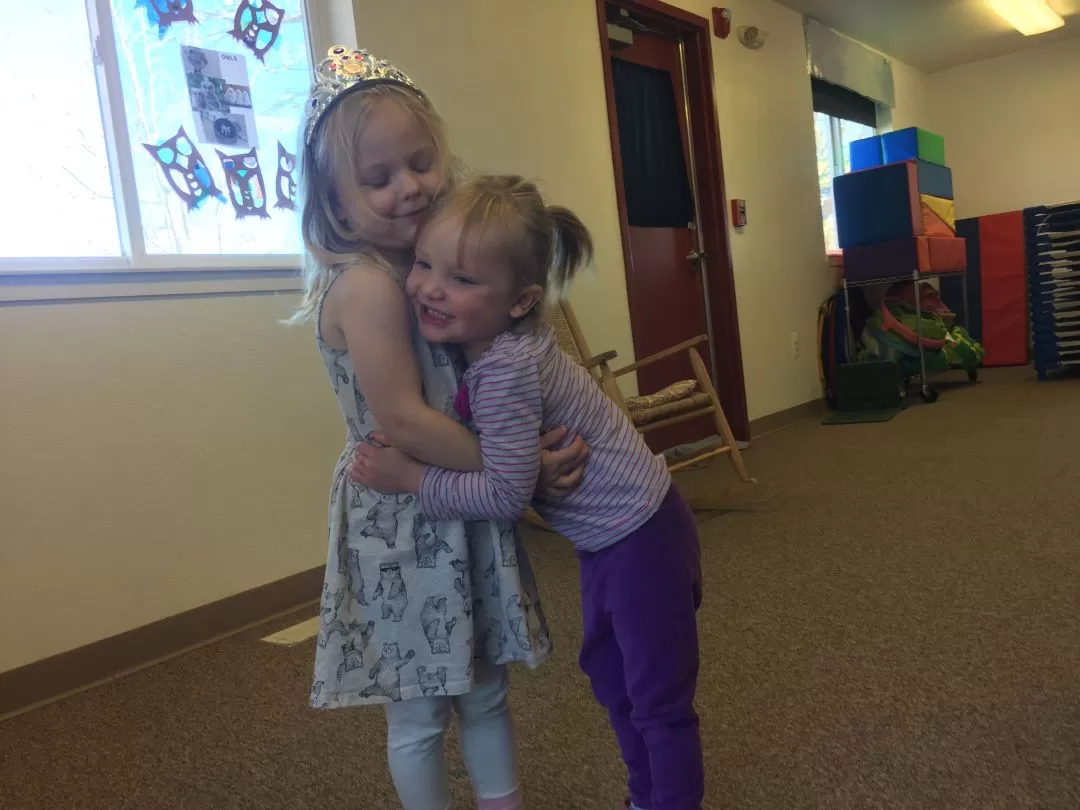The other day, some of the children were playing in our preschool music room. They were building “homes” with giant foam blocks. The kids were two and a half to five years old. As a younger girl showed interest in the house across the room, she began to climb into the structure.
“Hey this is our house! And its just for boys!” shouted one of the older boy.s The girl lurched back and began to cry as the boy turned away. I moved closer to join their interaction. I put my arm around the girl and I gently held the hand of the boy. I asked each child to tell their story of what happened, and made sure they understood that I was listening. We talked about their feelings and learned that there were moments in the game that they felt had been agreed on but eventually were misunderstood.

Modeling kind and compassionate social interactions and identifying emotions through facial expressions seems basic yet so essential because it gives the children tools to communicate their feelings. This is a time when children are forming relationships and discovering their uniqueness.

Through play these children are telling us how they see themselves in relation to others and through play we can explore their worlds, emotions and understanding of each other.



